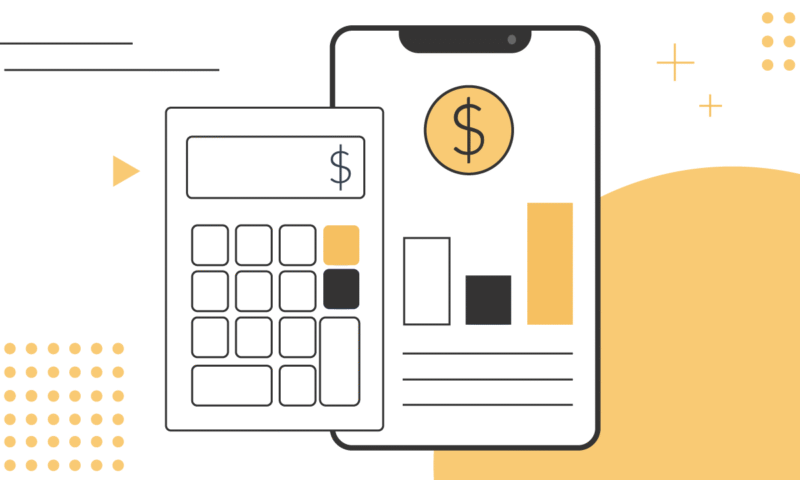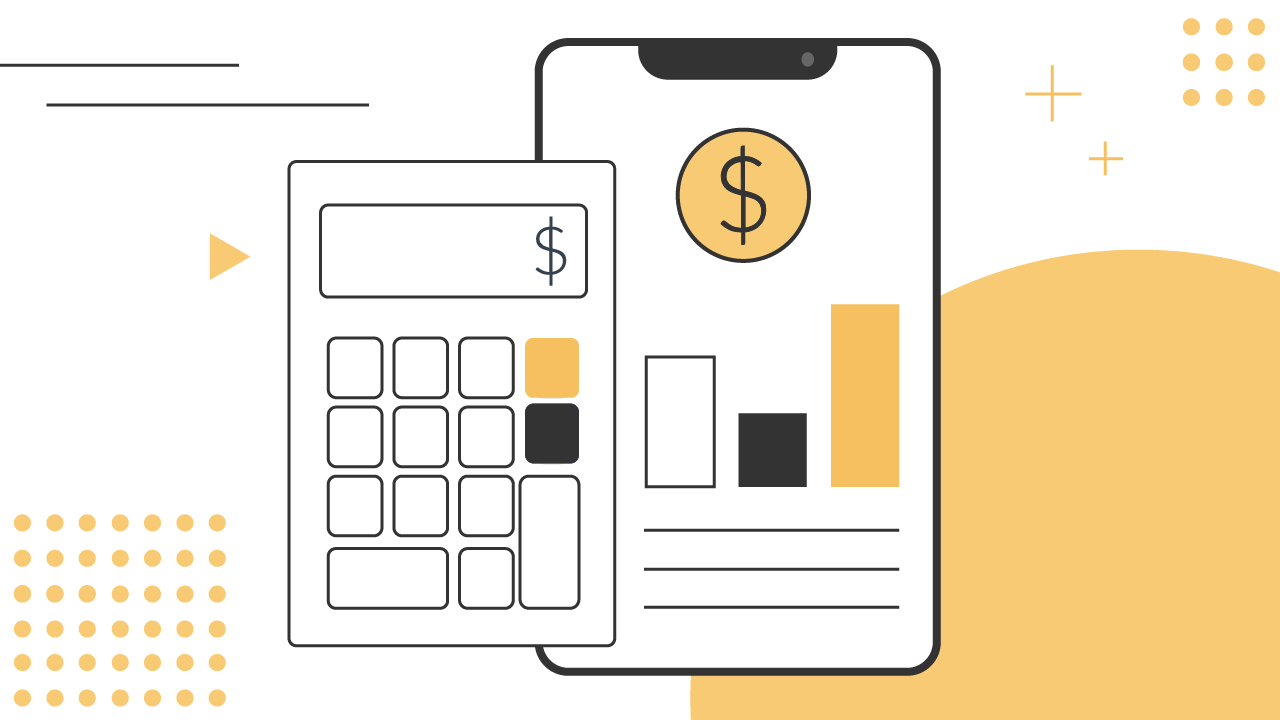

Key points
- Budgeting helps manage daily spending and short-term financial habits, while net worth tracking measures long-term financial growth and overall stability.
- The best time to switch from budgeting to net worth tracking is when your income and financial systems are stable enough to prioritize building wealth.
- A combination of modern apps and classic tracking tools can make budget and net worth management easier and more effective.
Budgeting and tracking your net worth are often discussed in the same breath, but they serve completely different purposes. A budget It tells you how to spend and save your money in the short term. It’s about cash flow – how much you earn, what you spend, and what’s left over at the end of the month.
net worthIn contrast, it measures your total financial situation: everything you own minus everything you owe. It’s a snapshot of your financial health at a moment in time. If budgeting is the roadmap for daily decisions, tracking net worth is the view from the top that shows your progress.
Just having a budget doesn’t mean you’re improving your net worth. You can still overspend as assets depreciate or not save effectively. Someone with a growing net worth but no budget may miss opportunities to improve their cash flow.
Both tools are valuable, but they serve different stages and mindsets of financial growth.
Would you like to save this?
When to focus on budget
Most people start with a Budget-first approachespecially early in their financial journey or during periods of change — such as after graduating from college, starting a new job, or paying off high-interest debt.
A budget helps answer immediate questions:
- Can I afford rent, groceries, and transportation this month?
- How much can I safely spend on entertainment or travel?
- Am I saving enough to build an emergency fund?
Budgeting gives control and awareness, often for the first time. For families living paycheck to paycheck, this control is essential.
Experts often recommend maintaining a detailed budget so that:
- You have at least Save three to six months of expenses In the emergency fund.
- Pay bills conveniently without relying on credit cards.
- Your monthly expenses are predictable with some consistency.
At that point, your focus can expand. Instead of just managing cash flow, you can start measuring how your assets — such as savings, investments, or home equity — grow over time.
Tools that make budgeting easier
Budget tools They are designed to track spending, categorize expenses, and forecast cash flow. The best ones make it easy to see where your money is going and how to adjust your habits. Every year, The College Investor ranks the best applications, and here are some of our top picks:
- YNAB (You Need a Budget): Based on the “Give Every Dollar a Job” approach, YNAB focuses on intentional spending and forward planning.
- monarch: It combines budgeting and investment tracking, making it a bridge between short-term spending and long-term planning.
- Google Sheets or Excel templates: It is still preferred by many for its flexibility and privacy. Combine this with Tiller to make it automatic!
Budgeting apps can also help identify trends (such as recurring subscriptions or overspending in certain categories) that may otherwise be invisible.
When to switch to net worth tracking
Once your monthly finances stabilize, Tracking net worth becomes a more useful measure of progress. It focuses less on what comes in and goes out each month, and more on whether you’re getting closer to financial independence.
Tracking net worth can answer questions like:
- Is my wealth really growing year after year?
- How much of my debt is productive (such as a mortgage) versus stressful (such as credit cards)?
- Am I saving enough for retirement or achieving my financial goals? (Note: There are a range of retirement calculators you can use as well)
For many people, a shift in mindset occurs when budgeting becomes routine. If you already know your spending habits and are consistently saving a portion of your income, focusing on net worth gives a clearer sense of long-term trend.
This doesn’t mean you give up your entire budget. Think of tracking your net worth as your “big picture” dashboard and your budget as your “day-to-day operations guide.” They work best together, informing each other.
Tools to track net worth
To track net worth, look for platforms that connect to all your financial accounts and update automatically. It should allow you to see your total assets and liabilities at a glance.
- Cobra: Aimed at investors, this tool tracks not only traditional accounts but also assets such as cryptocurrencies or collectibles.
- Empowerment (formerly Personal Capital): It offers a free dashboard to track investments, assets, and debt, with clear pictures of your net worth over time.
- Manual tracking: For those who prefer simplicity, entering balances into a spreadsheet once a month can be enough to maintain awareness.
Whichever method you use, the key is consistency. Tracking net worth quarterly or monthly provides enough perspective to see progress without feeling frustrated by short-term market fluctuations.
Mindset Shift: From Money Management to Wealth Building
Budgeting teaches discipline. Tracking net worth teaches perspective. Together, they can change the way people think about money.
The transition from budgeting to wealth tracking is not a hard line, but rather an evolution in mindset. In early adulthood, the focus is on controlling expenses. As income rises and debt decreases, attention should shift toward… Building and protecting wealth.
One common mistake is to assume that higher income automatically means higher net worth. Without tracking assets and liabilities, lifestyle inflation can quietly erase gains. Monitoring net worth forces a more holistic view — reminding you that saving, investing, and debt management all contribute to lasting financial progress.
Don’t miss these other stories:
Top 5 Cash Advance Apps to Avoid Overdraft Fees
Best budget apps of 2025
End-of-year financial tips (and to-do list)
Editor: Colin Greaves
The post When to Switch from Budgeting to Net Worth Tracking appeared first on The College Investor.




